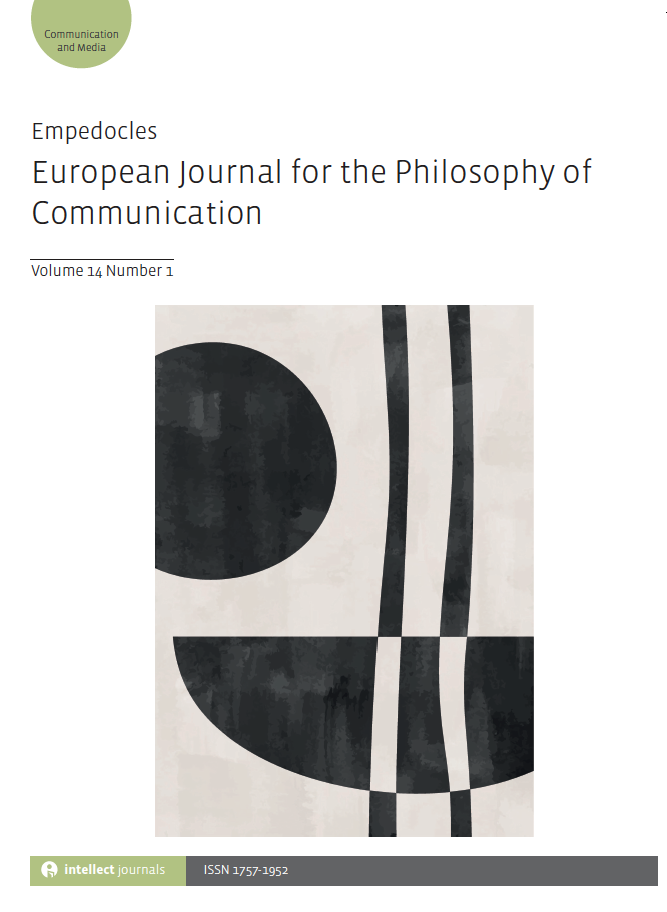
Full text loading...

This article explores the way sound, music, rhythm and movement reflect experiences of suffering, trauma and aliveness by reflecting on colonializing and decolonializing modes of understanding the role played by sounds and music in living through suffering, displacement, cultural devastation and illness. Music and sound practices offer people ways of connecting life narratives and coping mechanisms to deal with loss and suffering. A peculiar aliveness of the body is mediated by sound and rhythm. The experiences with personal and cultural suffering of Richard Wilhelm, Simone Weil, Ludwig Wittgenstein and people in the author’s life are read against the background of the ethical and communicative dimensions of sound and music, in an ethnographic and auto-ethnographic as much a philosophical study.

Article metrics loading...

Full text loading...
References


Publication Date:
https://doi.org/10.1386/ejpc_00053_1 Published content will be available immediately after check-out or when it is released in case of a pre-order. Please make sure to be logged in to see all available purchase options.